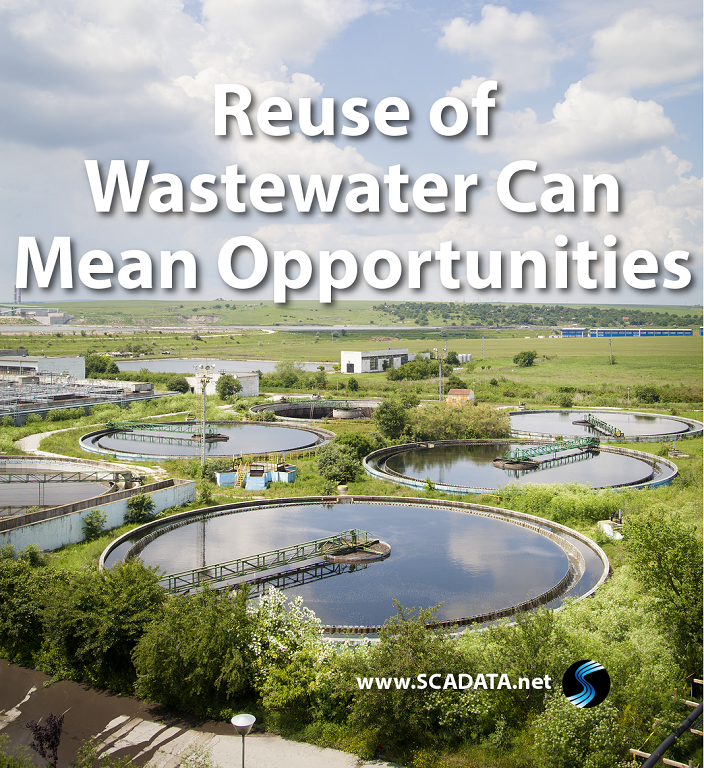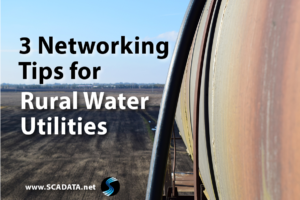Effective wastewater management holds great opportunity when it comes to economy development and sustainability. Wastewater can be used for a multitude of applications to help lower the burden on our clean water sources.
According to the UN, �sustainable development was explicitly popularized and contextualized by the Brundtland Commission in the document Our Common Future where it was defined as ‘development that meets the needs of the present without compromising the ability of future generations to meet their own needs.’ (UN, 1987).�
The first order of business, however, is to recognize the potential that wastewater holds on a global level. Experts agree wastewater treatment is a viable process for addressing the hazards of agricultural, industrial, and municipal by-products. However, there is hesitation on the part of investors to finance such projects due to high investment costs and long development periods. Sadly, that is why state-of-the-art wastewater treatment facilities are found mainly in developed economies and advanced regions in poorer countries. Consider this fact: On average, high-income countries treat 70 percent of generated wastewater, while low-income countries treat only eight percent of generated wastewater, according to a UN study.
Access to clean water is a political issue and governments in affected regions have taken notice. Many have made investments in technologies for desalination and water purification, but the impact will not be far-reaching. It�s really not a viable solution to a large-scale problem.
What does hold promise is using algae biomass production as part of wastewater management.� The Group of Environmental Engineering and Microbiology (GEMMA), �The anaerobic digestion of microalgae to produce biogas is a way of recovering the energy contained in wastewater. Biofuel generation from microalgae grown in wastewater is more sustainable since algae can uptake nutrients from wastewater, avoiding fertilizers and water consumption. Besides, the high lipids content of microalgae can improve the methane production compared to conventional sludge digestion.�
Several firms already operate plants that combine wastewater treatment with biomass production. These plants produce various products (fuel, clean water, fertilizer) and combine several utilities, which allows them to operate in an efficient, resourceful, and eco-friendly manner.
One last important point is that dirty water is not controlled by policies and regulations alone. Instead, authorities look to market-based approaches that hold promise for generating wealth.
This is why there is support for the development of wastewater resources for energy. Going forward, it will be critical to recognize the intersection of economic development with food, water, and energy, among other things.
As Ban Ki-moon, UN Secretary General said: “Environmental, economic and social indicators tell us that our current model of progress is unsustainable. Ours is a world of looming challenges and increasingly limited resources. Sustainable development offers the best chance to adjust our course.”
We need to make the most of what we have. Want to learn more? Check out our post on how water treatment plants work.




